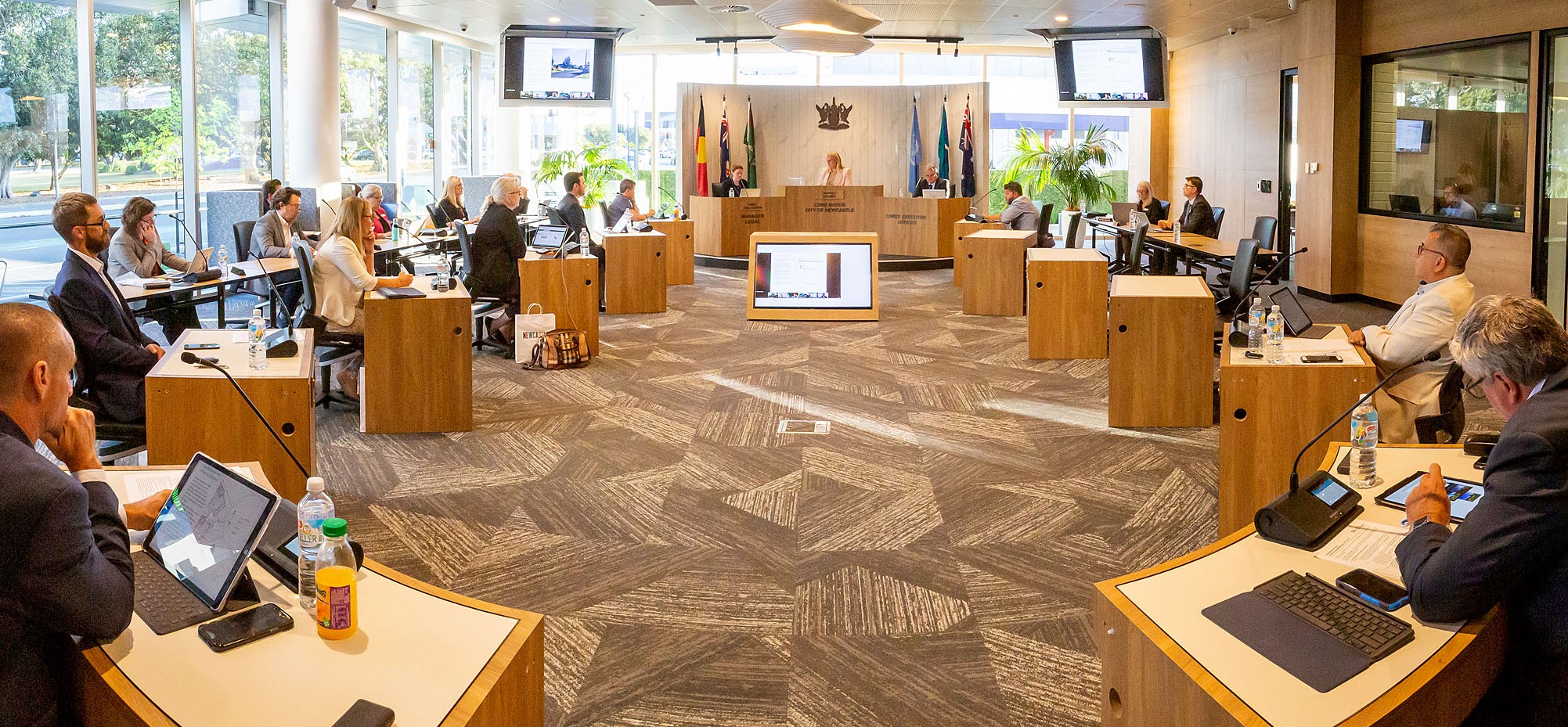Following the recent release of the national digital health skills and training plan, Australia’s largest healthcare workforce of more than 400,000 nurses and midwives can now assess their digital health knowledge and skills against a new professional development framework.
Developed by nurses and midwives, the National Nursing and Midwifery Digital Health Capability Framework outlines the core digital health skills and knowledge required for professional practice in the digital era covering patient care, leadership, advocacy, education and research.
As frontline healthcare professionals, nurses and midwives are playing a leading role in Australia’s fight against the COVID-19 pandemic.
Every Australian has benefited from the commitment and leadership of nurses and midwives.
Nurses and midwives have long been using technology to care for their patients. The first of its kind in Australia, the framework highlights the specific skills and capabilities necessary to deliver contemporary care.
In 2020, International Year of the Nurse and Midwife, the focus is on empowering nurses and midwives to lead the digital transformation of the health system, and it is expected the framework will be used as a resource to guide individuals, employers and educators in their workforce and professional development planning.
The framework focuses on digital professionalism; leadership and advocacy; data and information quality; information-enabled care; and technology.
The framework was a collaboration by the Australian Digital Health Agency and the Australasian Institute of Digital Health, in association with:
- The Australian College of Nursing.
- Australian College of Midwives.
- Australian Nursing and Midwifery Federation.
- Australian Primary Health Care Nurses Association.
- Australian Nursing and Midwifery Accreditation Council.
- Nursing and Midwifery Board of Australia.
- Congress of Aboriginal and Torres Strait Islander Nurses and Midwives.
- Digital Health Cooperative Research Centre.
- The Queensland Chief Nursing and Midwifery Officer.
- Consumer and international representatives.
This announcement follows my announcement in September of the National Digital Health Workforce and Education Roadmap to help the Australian health workforce use technology and further drive the digital transformation of health services to meet community demand.
To access the National Nursing and Midwifery Digital Health Capability Framework please visit: https://www.digitalhealth.gov.au/about-the-agency/workforce-and-education

